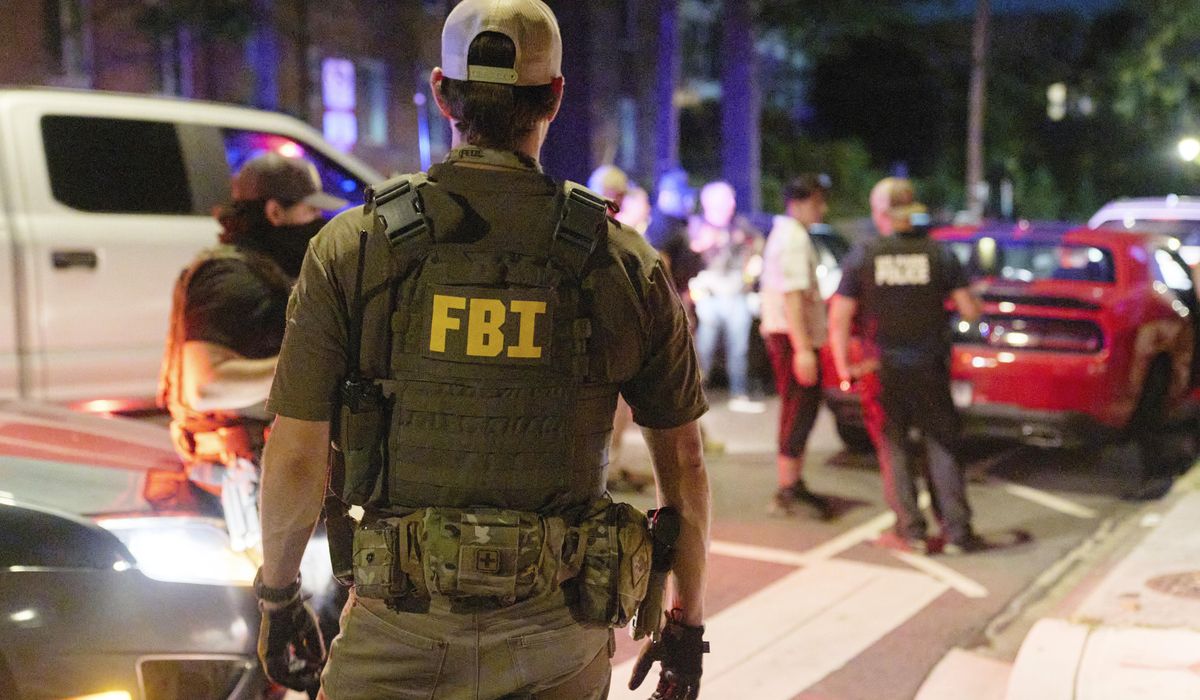


The White House unveiled the crackdown on crime that has ensued over the past three months made under “Operation Summer Heat,” which the FBI says resulted in over 8,500 arrests, nearly 560 missing children identified, and the seizure of enough drugs to kill tens of millions.
President Trump said FBI officers in all 50 states from June to September “made crushing violent crime a top enforcement priority.”
“We were in many cities that people didn’t know about,” he said in the Oval Office flanked by FBI Director Kash Patel, Attorney General Pam Bondi and Deputy Attorney General Todd Blanche. “We kept it a little quiet, and it had a big impact.”
The president said there was a 250% increase in arrests during the period of June 24 to Sept. 20. The FBI arrested over 8,500 individuals, including 725 individuals wanted for murder and/or violent crimes against children.
He said it was the “safest and most peaceful summer in two decades,” and violent crime decreased nearly 20% nationwide compared to the same period last year.
Mr. Patel said the operation resulted in over 2,2000 firearms seized, 557 missing children found, 421 kilograms of fentanyl seized, 45,000 kilograms of cocaine seized and over 2,000 criminal indictments.
“This is what happens when you take out the fangs of weaponization,” Mr. Patel said, implicitly accusing the previous administration of wasting FBI and Justice Department resources on politically-motivated pursuits.
Mr. Trump touted the crime-stopping accomplishments since he was sworn in, saying the FBI has “destroyed or severely disrupted” over 170 organized criminal enterprises and gangs, 1,600 of the most violent gangs and confiscated over 6,000 illegal firearms.
He talked about the change in crime seen in D.C. after National Guard troops were brought into the city, and suggested San Francisco could be the next city to see National Guard attention.
“We have great support in San Francisco, so I’d like to recommend that for inclusion, maybe in your next group,” Mr. Trump said.
He said San Francisco was “one of our great cities,” and it can be made that again.
• Mallory Wilson can be reached at mwilson@washingtontimes.com.
